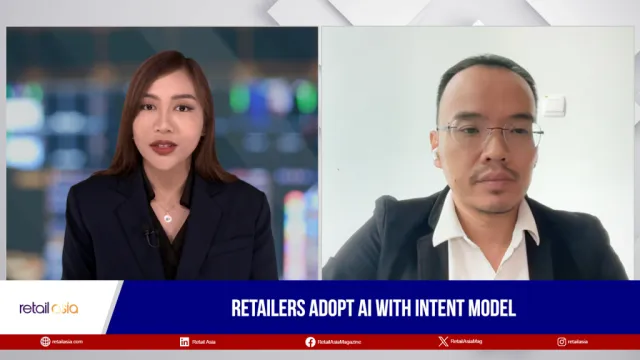Vietnam Retail Industry faces confidentiality risks with generative AI
Generative AI transforms customer experience but raises data protection concerns.
The integration of generative AI in the Vietnamese retail sector is promising personalized and interactive shopping to consumers, however, as the industry ventures deeper into the digital realm, it faces concerns over data confidentiality and cybersecurity.
Lam Thi Ngoc Hao, Partner, Head of Clients & Markets, and Head of Business Transformation at KPMG Vietnam & Cambodia, said that there is an enthusiasm among Vietnamese retailers for adopting AI technologies, driven by the aim to enhance customer engagement and personalize the shopping experience.
With Vietnam's population exceeding 100 million and a significant portion expected to have considerable spending power by 2030, retailers are keenly focusing on leveraging AI for marketing and customer service enhancements, such as chatbots and facial recognition technologies.
“By 2030, more than 20% of the population will be able to spend at least $30 per day. The retailer [should be] very focused on the demand in terms of convenience as well as perfect marketing to make sure that they have the right target customers,” she said.
However, the rapid adoption of these technologies comes with its set of challenges, particularly in safeguarding consumer data. Hao pointed out, "Vietnam recently, more precisely just last year, issued a decree...providing more detailed data protection and cybersecurity applications with respect to personal data processing activities."
She explained that this legislation underscores the legal obligations of companies to protect consumer information, reflecting a growing awareness of cybersecurity risks in the digital age.
Despite legal frameworks aiming to enhance data security, Hao reveals that there's a significant gap in preparedness within the sector. "Eighty-two percent of CEOs say that advancing technologies heighten the risks of cybersecurity," she mentioned.
She indicated that while AI can be a tool for fraud prevention and data protection, it also introduces new vulnerabilities. Alarmingly, about 27% of CEOs admit their unpreparedness for potential cyberattacks, underscoring the urgent need for robust cybersecurity measures.



















 Advertise
Advertise






